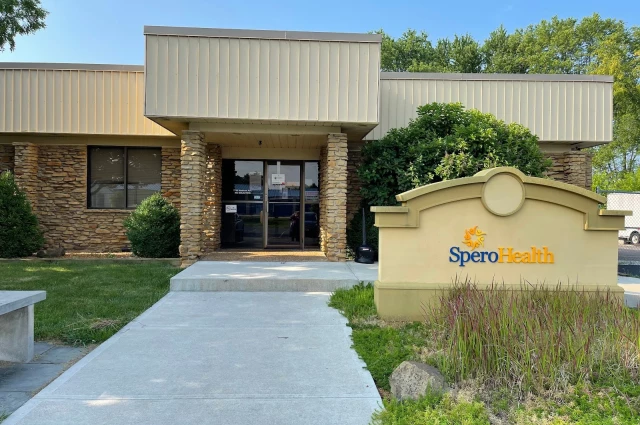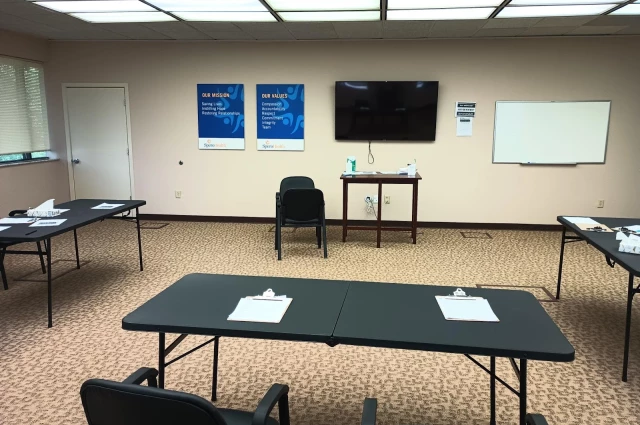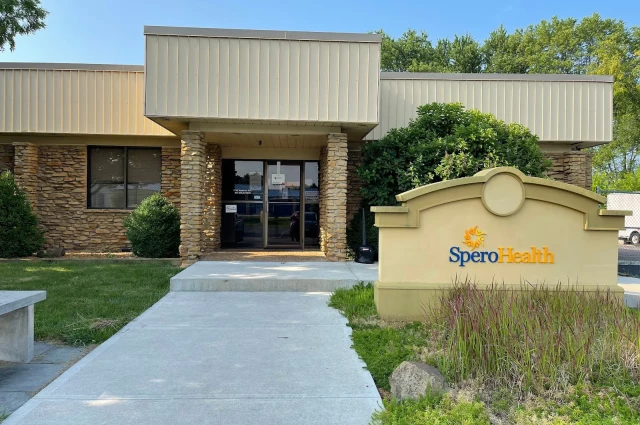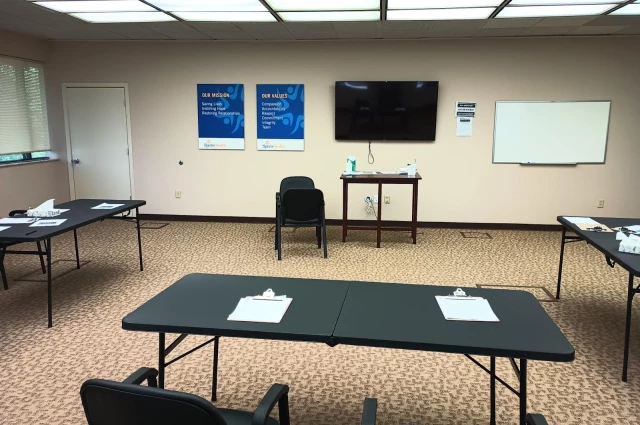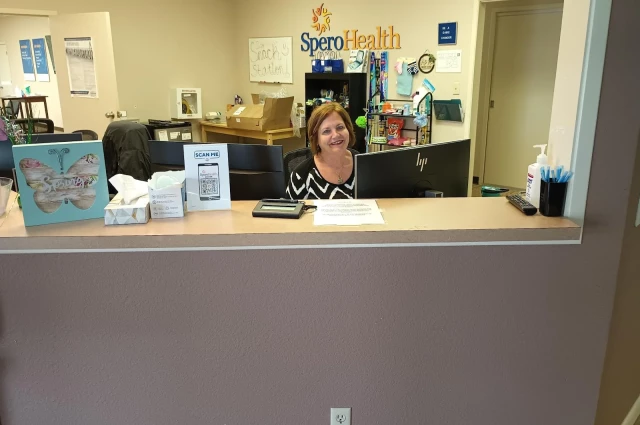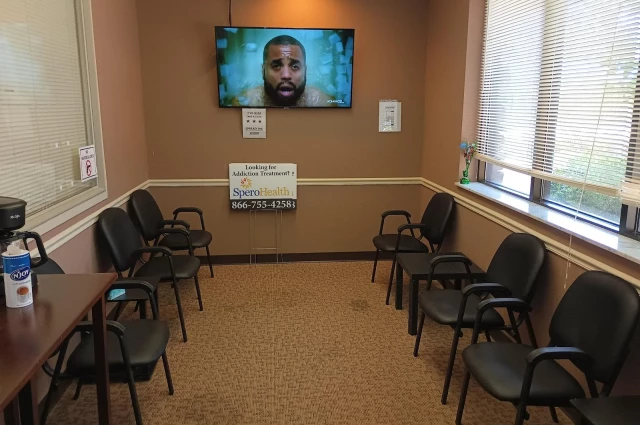Spero Health is an outpatient addiction treatment center in the Greater Indianapolis Area, Indiana. They help people with substance use problems. The center mostly helps people who are addicted to opioids like fentanyl, heroin, and oxycodone. It also helps people who are addicted to stimulants and alcohol. By focusing on mobile care, Spero Health makes it possible for patients to keep up with their daily tasks while getting treatment and support in a caring setting.
The center has many programs, including an Outpatient Program, Medication-Assisted Treatment (MAT), counseling for individuals and groups, and services to help people get better. Cognitive Behavioral Therapy (CBT), managing medications, building recovery skills, and getting extra help for people who have more than one mental health problem are all types of treatment. Spero Health treats people's physical and mental health needs together to make sure they get the best care possible. The center is committed to offering high-quality care that supports long-term recovery and wellness. It is accredited by the Commission on Accreditation of Rehabilitation Facilities (CARF).
Spero Health - Greenwood Information
Treatment
Who We Treat
- Young Adults (18–25)
- Adults
- Seniors/Older Adults
- Older Adults
- Male and Female
- LGBTQ+
- Veterans
Approaches
- 12-Step-Based
- Twelve Step
- Group Therapy
- Cognitive Behavioral Therapy (CBT)
- Motivational Interviewing
- 1-on-1 Counseling
- Medication-Assisted Treatment (MAT)
- Online Therapy
- Relapse Prevention Counseling
Conditions We Treat
- Trauma
- Perinatal Mental Health
- Gambling
- Anger
- Co-Occurring Disorders
Substances We Treat
- Alcohol
- Benzodiazepines
- Chronic Relapse
- Opioids
- Cocaine
- Methamphetamine
Languages
- English
Aftercare
- Outpatient Treatment
- Recovery Coach
- Employment Counseling
- Continuing Care
- Employment/Vocational Counseling
- Support Meetings
Level of Care
- Outpatient
- Co-Occurring Mental Health
- Aftercare/Continuing Care
Experience
Smoking and Vaping Policy
- Smoking Allowed in Designated Areas
- Vaping Allowed in Designated Areas
Accreditations
-
State mental health department
State mental health department accreditation refers to the process of evaluating and certifying the quality and standards of a state's mental health department, ensuring that it provides high-quality services and meets specific criteria for mental health care. The accreditation process is performed by a third-party organization and helps to improve the overall care and treatment of individuals with mental health conditions.
-
State department of health
Government agencies issue State Licenses, granting permission to rehabilitation organizations to conduct their business operations lawfully within specific geographic regions. Generally, the particular rehabilitation programs offered by a facility and its physical location dictate the necessary licenses needed for legal operation.

-
Council on Accreditation (COA)
The Council on Accreditation (COA) is a non-profit that provides accreditation to human services organizations to ensure they meet high standards in service delivery. The accreditation process involves evaluating the organization's policies, practices, and services to meet specific standards.
-
SAMHSA certification for opioid treatment program (OTP)
SAMHSA's Opioid Treatment Programs (OTP) accreditation is a prestigious recognition that signifies a program's compliance with stringent standards and guidelines established by the Substance Abuse and Mental Health Services Administration (SAMHSA). This accreditation demonstrates an OTP's commitment to providing high-quality, evidence-based care for individuals struggling with opioid use disorder (OUD). It serves as a trusted symbol of accountability and excellence, assuring patients, families, and communities that the OTP offers safe, effective, and comprehensive treatment options for OUD.
-
Drug Enforcement Agency (DEA)
DEA accreditation refers to the process by which a law enforcement agency is recognized by the Drug Enforcement Agency (DEA) as having met specific training, operational, and resource requirements necessary to participate in DEA-led drug enforcement efforts. This accreditation allows the agency to perform DEA-related tasks such as conducting investigations, executing federal search warrants, and participating in joint task forces.
-
Commission on Accreditation of Rehabilitation Facilities (CARF)
CARF accreditation is a prestigious recognition granted to rehabilitation and human service organizations. It signifies that an organization meets high-quality standards, having undergone a rigorous evaluation process. CARF accreditation boosts an organization's credibility and ensures top-notch care for individuals with disabilities, injuries, or healthcare needs.

Spero Health - Greenwood Accepts The Following Insurance Plans
Find the best treatment options. Call our free and confidential helpline today!
